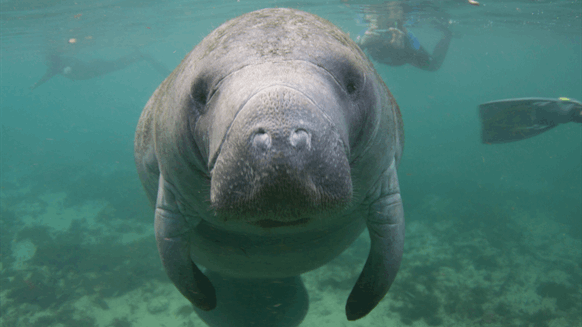Engineering and construction solutions provider McDermott has been awarded a front-end engineering design (FEED) contract by Shell Trinidad and Tobago for the Manatee gas development project. The agreement was awarded as part of a competitive FEED process.
Under the scope of the contract, McDermott will provide comprehensive feed services for a wellhead platform, an export pipeline system, an onshore approach, a midstream pipeline and an onshore control room, he said the company in its statement.
This award follows the successful completion of an initial contract with Shell and leverages McDermott’s key engineering, procurement, construction and installation capabilities, the company said.
“The award of this next phase of the Manatee project builds on the portfolio of projects that McDermott’s subsea and floating facilities business line is executing for Shell,” said Mahesh Swaminathan, senior vice president of McDermott’s subsea and floating facilities. “McDermott’s comprehensive engineering design expertise and unique manufacturing capabilities equip us to perform the required FEED work in-house, reduce costs, ensure quality and maximize time efficiency.”
The Manatee field is located off the coast of Trinidad and Tobago in a water depth of approximately 91 meters (299 feet). The field represents one of the country’s largest natural gas reserves discovered so far and will help bolster the country’s gas supply.
Engineering and execution planning efforts will be led by the McDermott team in Houston with support from Kuala Lumpur, Malaysia; Chennai, India and Altamira, Mexico.
The Manatee field is part of the Loran-Manatee transboundary field, with Loran located offshore Venezuela. The Loran-Manatee reservoir has an estimated resource of 10.04 tcf, of which 2.712 tcf is within the Manatee field.
Speaking during the signing of the production swap contract for sub-block 6 D, towards the end of 2021, Keith Rowley, Prime Minister of the Republic of Trinidad and Tobago, noted that production under the agreement of 25 years could begin as early as 2025, with initial production of up to 350 mmscf per day, before ramping up to 700 mmscf per day.
To contact the author, please email andreson.n.paul@gmail.com
Photo credit – iStock.com/pclark2


